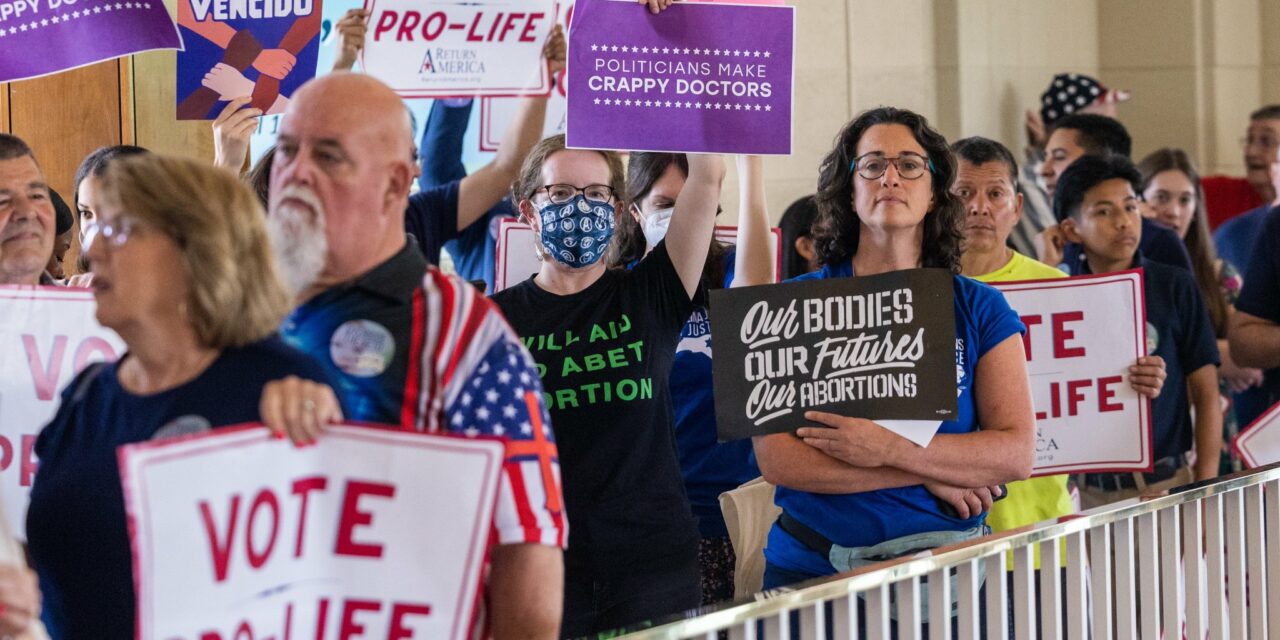The North Carolina General Assembly overrode a veto from Governor Roy Cooper Tuesday night, deciding along party lines to make a bill limiting most abortions after 12 weeks of pregnancy law. It’s the latest measure passed in the U.S. following the Supreme Court’s overturning of Roe v. Wade in 2022 and it reduces North Carolina’s prior limit from 20 weeks of pregnancy.
While the bill had many other aspects, the abortion component was the most controversial — partially because of Republican lawmakers in the House and Senate working to put it together behind closed doors before fast-tracking the bill through each chamber. Abortion rights supporters have criticized the measure since its unveiling, pointing to vague language and the lack of input from medical professionals. Local women’s health doctors said the limit at 12 weeks — and additional limits on abortions stemming from rape or incest — will threaten pregnant people’s health if issues arise after the time period.
The state government’s veto override drew reactions from a variety of statewide and federal officials, with Cooper and Democratic Attorney General Josh Stein sharing critical statements on social media. Republican lawmakers Tim Moore and Phil Berger, as well as Lt. Gov. Mark Robinson, all shared statements celebrating the achievement for anti-abortionists.
Being the latest state to enact new abortion restrictions, North Carolina caught much national attention Tuesday as well. Members of the Biden administration shared statements in the wake of the vote.
In Orange, Durham and Chatham counties, local elected officials shared their thoughts Tuesday night on the changes to abortion access. Across all levels, the response was predominantly critical.
House Minority Leader Rep. Robert Reives, who represents Chatham County, as well as Orange County Sen. Graig Meyer, shared thoughts on Twitter. Reives indicated concern about further abortion restrictions being passed over time, while Meyer urged voters to gear up for the 2024 state election cycle. State Senator Natalie Murdock, who represents Chatham and Durham counties, also indicated her wish to break Republicans’ supermajority in the state legislature.
U.S. Rep. Valerie Foushee, who represents Orange and Durham Counties in Congress, shared a thread on Twitter also criticizing the approach of limiting reproductive rights.
On a more local government level, elected officials from Carrboro, Hillsborough and Durham each shared their issues with the updated law. The town council of Carrboro demonstrated its own commitment to reproductive health care, passing a resolution supporting abortion access and denouncing Senate Bill 20.
“The Town Council urges Carrboro’s delegation in the General Assembly to prioritize the health care needs of all residents, to reject further attempts to restrict access to abortion, and to increase investment in access to health care, affordable birth control including emergency contraception, and comprehensive age-appropriate sex education,” the resolution says.
https://twitter.com/Jenn_E_Weaver/status/1658645726308564993?s=20
Photo via Travis Long/News & Observer.
Chapelboro.com does not charge subscription fees, and you can directly support our efforts in local journalism here. Want more of what you see on Chapelboro? Let us bring free local news and community information to you by signing up for our biweekly newsletter.
Related Stories
‹
![]()
Democrats Frustrated by Party’s Response to Abortion RulingWritten by NICHOLAS RICCARDI As Sen. Michael Bennet sought to encourage a small crowd of fellow Democrats not to give up the fight for abortion rights, Maryah Lauer stepped forward, bullhorn in hand, to exhort him to do more. “Do you support ending the filibuster and expanding the court?” the 28-year-old called out from a quartet of […]

Supreme Court Overturns Roe v. Wade; States Can Ban AbortionWritten by MARK SHERMAN The Supreme Court has ended constitutional protections for abortion that had been in place nearly 50 years in a decision by its conservative majority to overturn Roe v. Wade. Friday’s outcome is expected to lead to abortion bans in roughly half the states. The decision, unthinkable just a few years ago, was the culmination […]
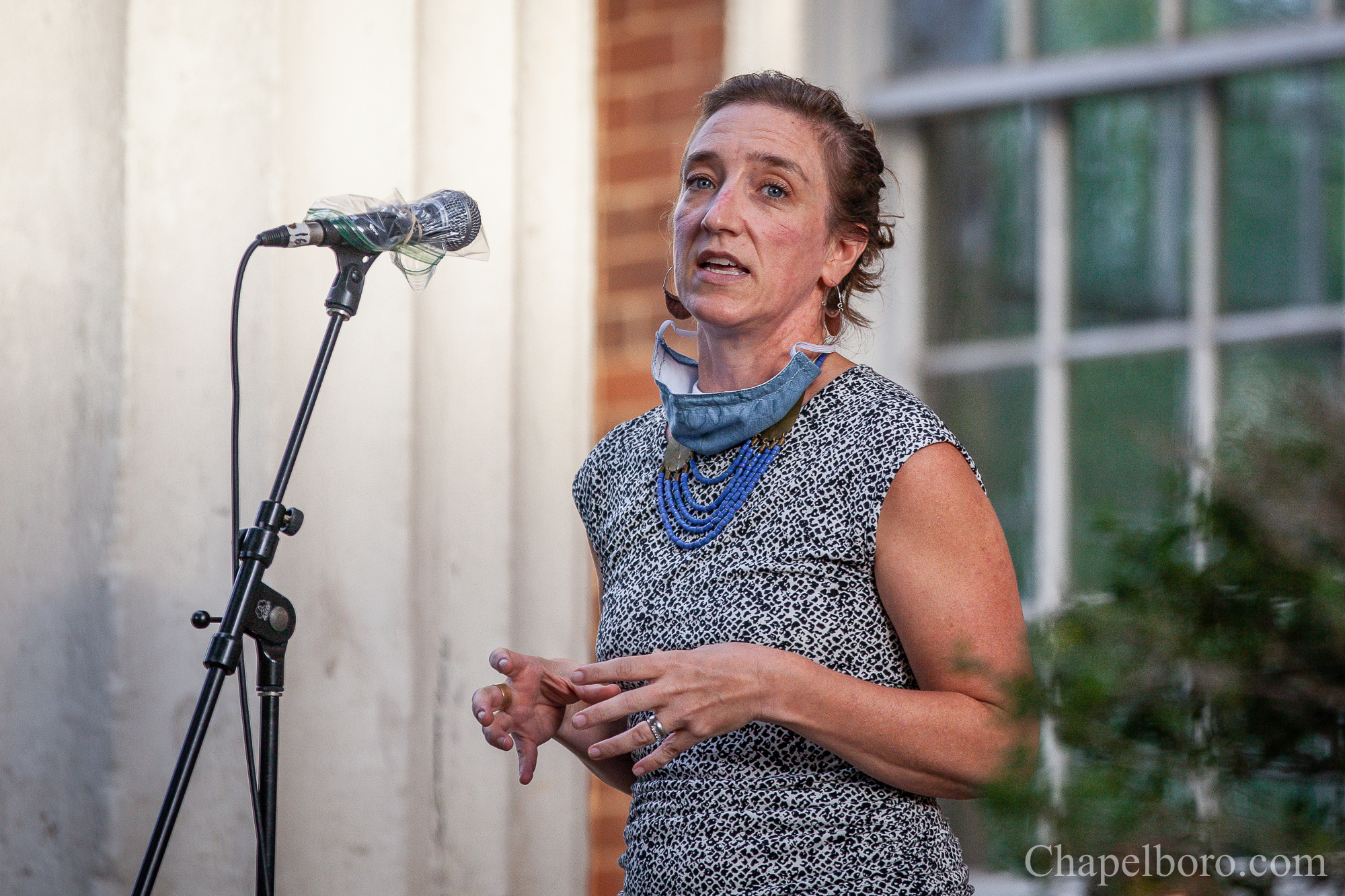
Hillsborough Mayor Shares Thoughts on Abortion Rights, Local State of EmergencyHillsborough Mayor Jenn Weaver recently spoke with 97.9 The Hill’s Brighton McConnell as part of the “Conversations with the Mayors” series. In the aftermath of the leaked draft opinion from the U.S. Supreme Court, she discussed her thoughts and experiences around abortion, as well as the potential effects of Roe v. Wade being struck down. […]
![]()
Next Battle Over Access to Abortion Will Focus on PillsWritten by STEPHEN GROVES It took two trips over state lines, navigating icy roads and a patchwork of state laws, for a 32-year-old South Dakota woman to get abortion pills last year. For abortion-seekers like her, such journeys, along with pills sent through the mail, will grow in importance if the Supreme Court follows through […]
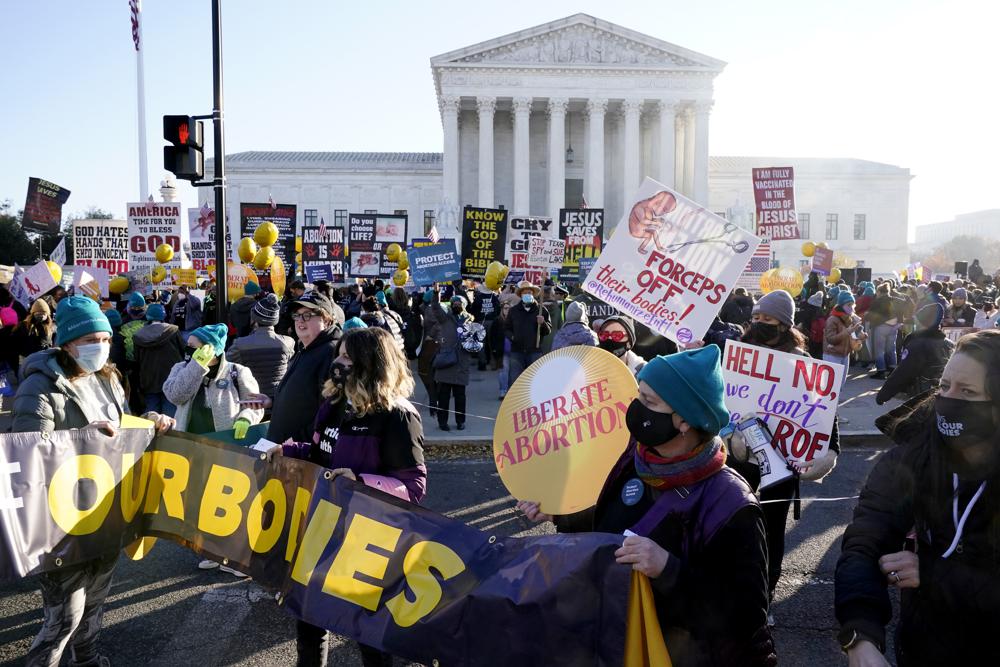
Abortion Rights at Stake in Divided Supreme Court ArgumentsWritten by MARK SHERMAN The Supreme Court’s three liberal justices suggested Wednesday that it would severely damage the court’s legitimacy if it agrees to reverse the decades-old abortion decisions that declared a nationwide right to end pregnancies. Justice Elena Kagan said during arguments on a crucial Mississippi case that the court doesn’t easily overturn past […]
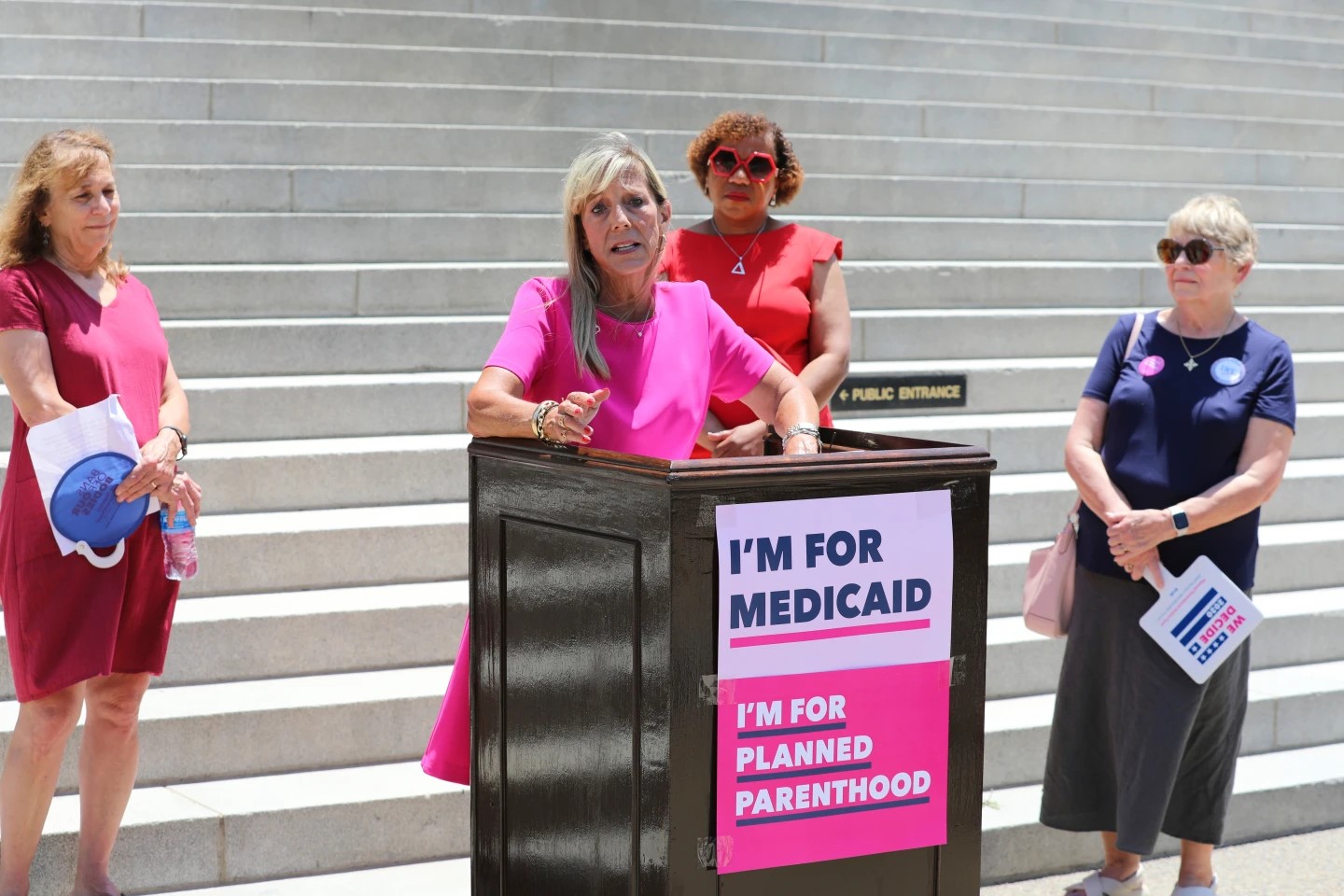
What To Know About States Blocking Medicaid Funding for Planned ParenthoodThe U.S. Supreme Court ruled Thursday that states can bar Medicaid payments to Planned Parenthood, the nation’s largest abortion provider.
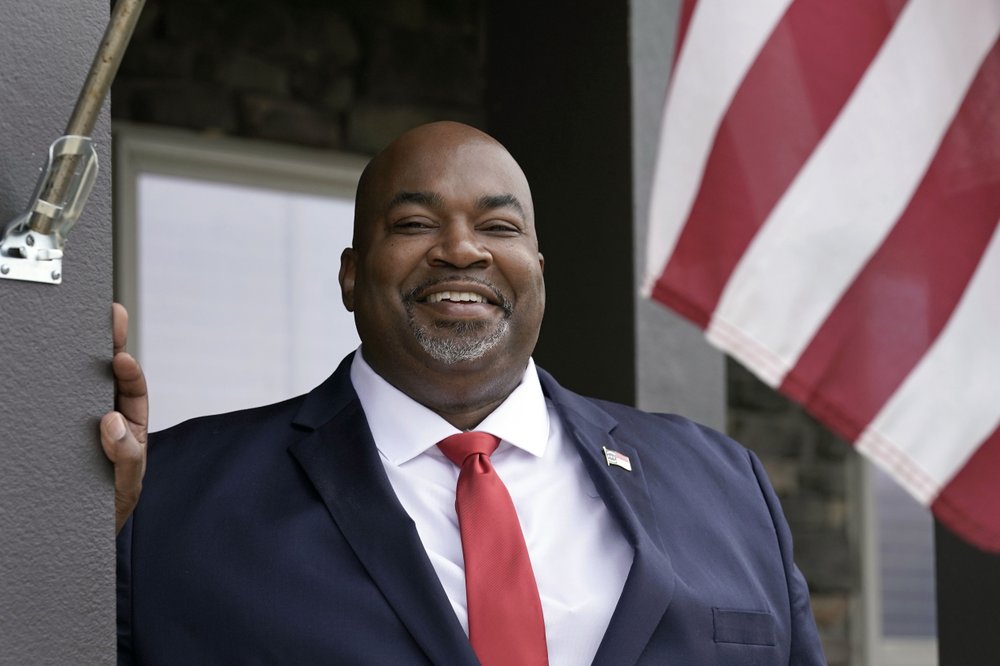
A North Carolina Republican Who Mocked Women for Abortions Runs Ad With His Wife’s Own StoryNorth Carolina Republican gubernatorial nominee Mark Robinson is running ads about abortion after being battered by opponents on the topic.

Report: Abortion Declined Significantly in North Carolina in First Month After New RestrictionsWritten by GARY D. ROBERTSON North Carolina appears to have had a significant decline in abortions performed in the first month after new restrictions approved by state legislators took effect, according to estimates released Wednesday by a research group. The findings by the Guttmacher Institute, which supports abortion rights, are based on data collected from a sample […]

A Year After Fall of Roe, 25 Million Women Live In States With Abortion Bans or Tighter RestrictionsWritten by GEOFF MULVIHILL, KIMBERLEE KRUESI and CLAIRE SAVAGE One year ago Saturday, the U.S. Supreme Court rescinded a five-decade-old right to abortion, prompting a seismic shift in debates about politics, values, freedom and fairness. Twenty-five million women of childbearing age now live in states where the law makes abortions harder to get than they were before the ruling. […]
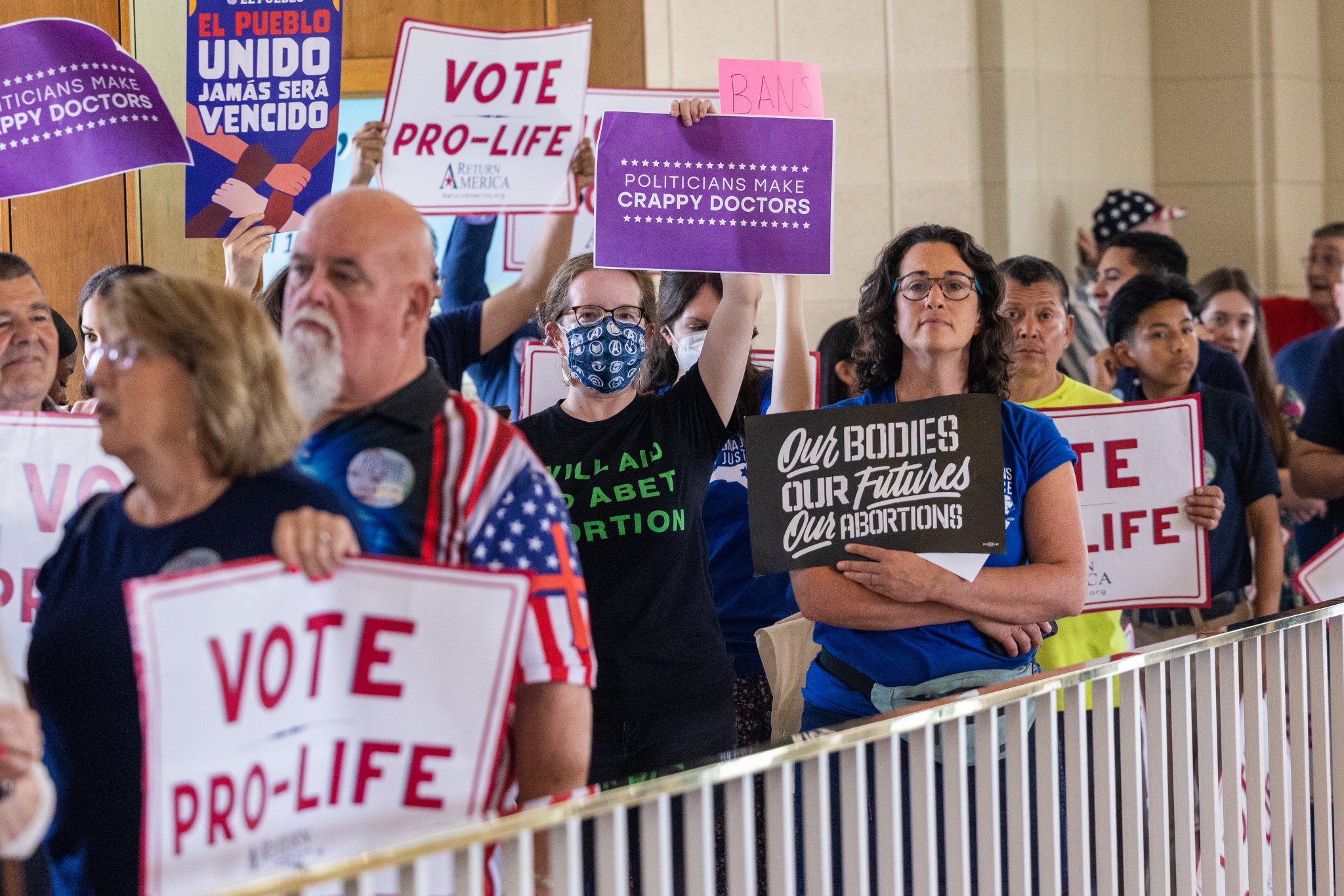
Orange, Chatham and Durham Elected Officials Share Reactions to New NC Abortion LawThe North Carolina General Assembly overrode a veto from Governor Roy Cooper Tuesday night, deciding along party lines to make a bill limiting most abortions after 12 weeks of pregnancy law. It’s the latest measure passed in the U.S. following the Supreme Court’s overturning of Roe v. Wade in 2022 and it reduces North Carolina’s […]
›

